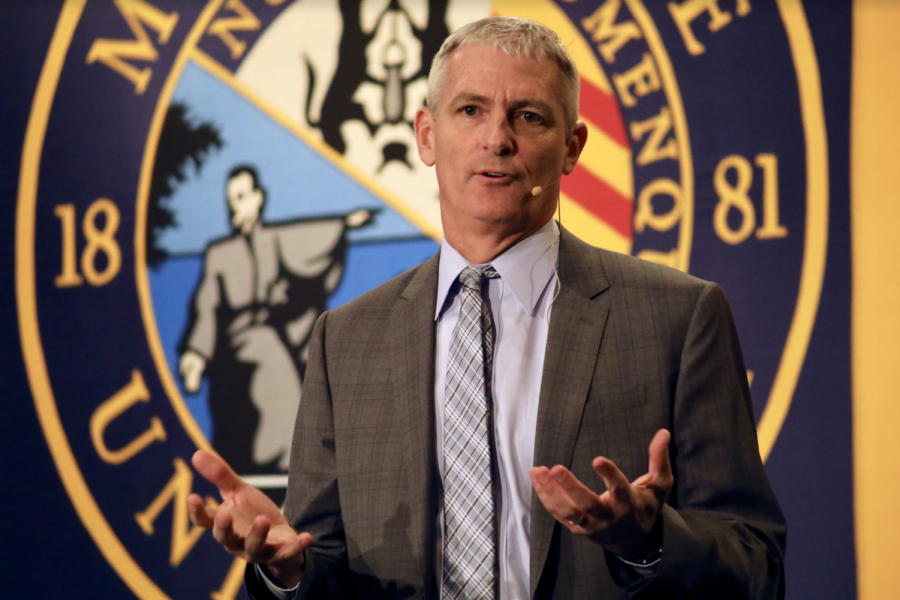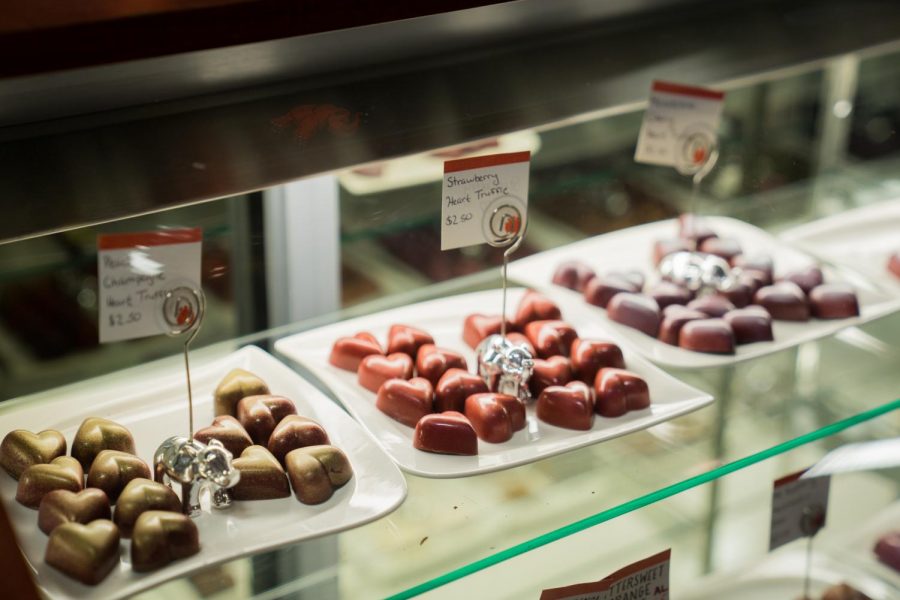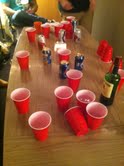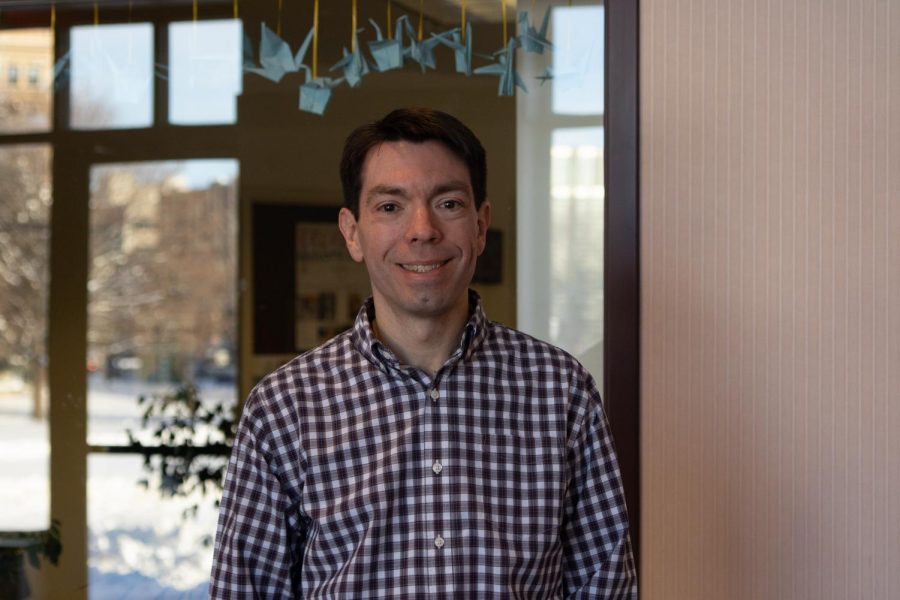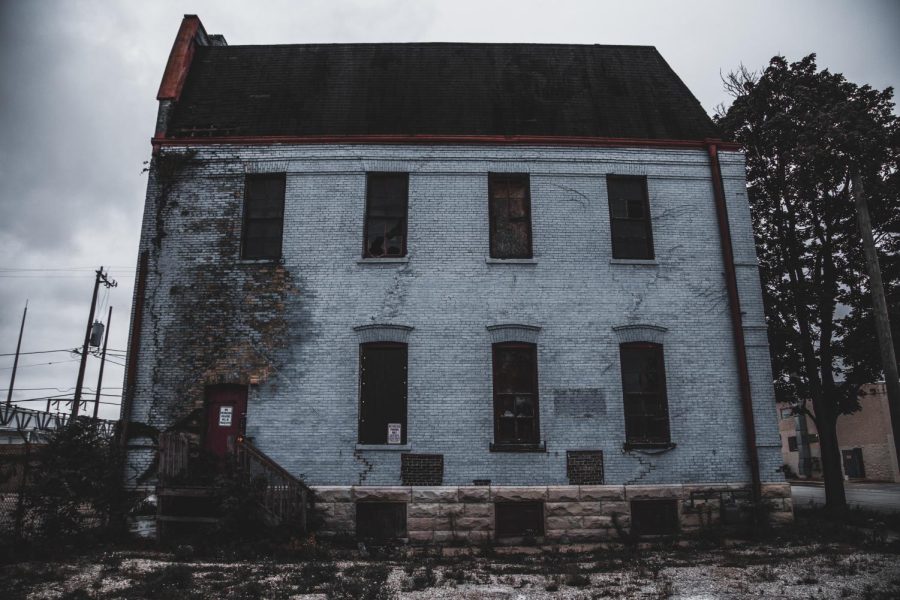 Marquette has long held the reputation as a Catholic school with a strong alcohol culture. Yet, over the past two decades, the university has ardently tried to change its perception as a “Catholic party school,” a reputation that went viral when Playboy named Marquette the best Catholic party school of 2010.
Marquette has long held the reputation as a Catholic school with a strong alcohol culture. Yet, over the past two decades, the university has ardently tried to change its perception as a “Catholic party school,” a reputation that went viral when Playboy named Marquette the best Catholic party school of 2010.
And, how could it not hold that reputation being in Milwaukee, a city where 26.3 percent of residents admitted to binge drinking in 2011 according to the Centers for Disease Control – taking its place as the city with the fourth-highest binge drinking rate in the United States.
According to an article in the Marquette Journal from last year, the university rejuvenated the campus’ surrounding neighborhood through its Campus Circle program in the ’90s, tearing down many of the bars that dotted campus in the process.
This effort continues today with a recently updated alcohol policy, a campuswide anti-drinking campaign and annual reports about student safety and wellness available to the public.
Tuesday, the Department of Public Safety released its 2013 Annual Security and Fire Safety Report. The report showed a substantial decrease in the number of alcohol disciplinary referrals on campus from last year — more than 250 less.
While there could be many factors that contributed to this decrease, the updated alcohol policy being one of them, it is impossible to know whether fewer students are drinking or if students are just getting better at not getting caught.
Underage students have likely learned that the less time they spend actually consuming alcohol, the less likely they are to get caught. Therefore, taking shots of liquor in the 20 minutes prior to going out becomes the norm instead of sitting down and enjoying the company of friends over a few hours and a few beers. While this mentality may be immature, it is not one that will change with any anti-drinking campaign. Moreover, it is possible that RAs are more lenient with citations to avoid heavily fining their residents on a regular basis. To combat this, the university should more overtly focus on responsible consumption in campaigns which seek to change the campus drinking culture.
The latest anti-drinking campaigns have focused not on valuing Marquette’s drinking culture by drinking safely, but on encouraging students to shy away from alcohol.
The posters around campus that state “Nearly three out of four Marquette students consume alcohol less than once a week, if at all,” serve as just one example of the university’s anti-drinking campaign. Furthermore, the poster states “We are Marquette. Who are you?” This creates an “us” and “them” mentality that tries to alienate students who choose to drink, responsibly or not.
Another poster with a picture of an iPhone states, “Nearly half of students on-campus feel pressure to drink. Are you sending the right message?”
While students should never feel pressured into drinking, and the university is right to convey this message and should continue to do so, the university’s Prohibition-type attitude toward drinking may not actually be helping.
Instead, the university should continue to focus on changing the drinking culture on campus. Drinking has long brought people together for reasons more than to just get drunk and party. In fact, in most countries drinking responsibly still serves a greater purpose, albeit in more manageable quantities.
Yet, the numbers from the Security and Fire Safety Report don’t lie. Fewer students have had run-ins with university officials on campus and this is a positive trend. Students don’t want to get caught, and university officials want to promote low numbers. The revised alcohol policy, as well as the administration’s efforts to change the perception of drinking culture on campus, could contribute to the lower numbers of reported alcohol-related incidents.
Perhaps the focus shouldn’t be the numbers, but rather the unquantifiable drinking culture and rich drinking history that Marquette and Milwaukee are known for.

